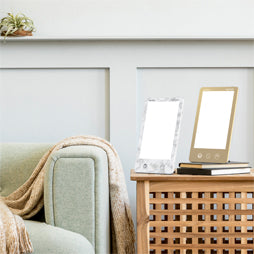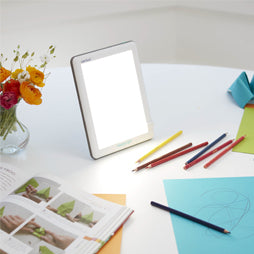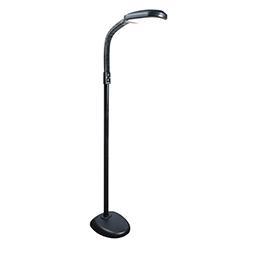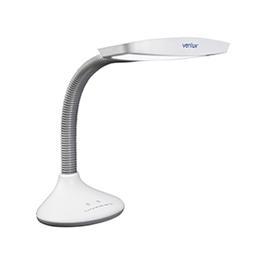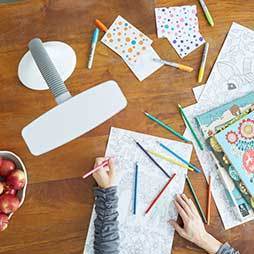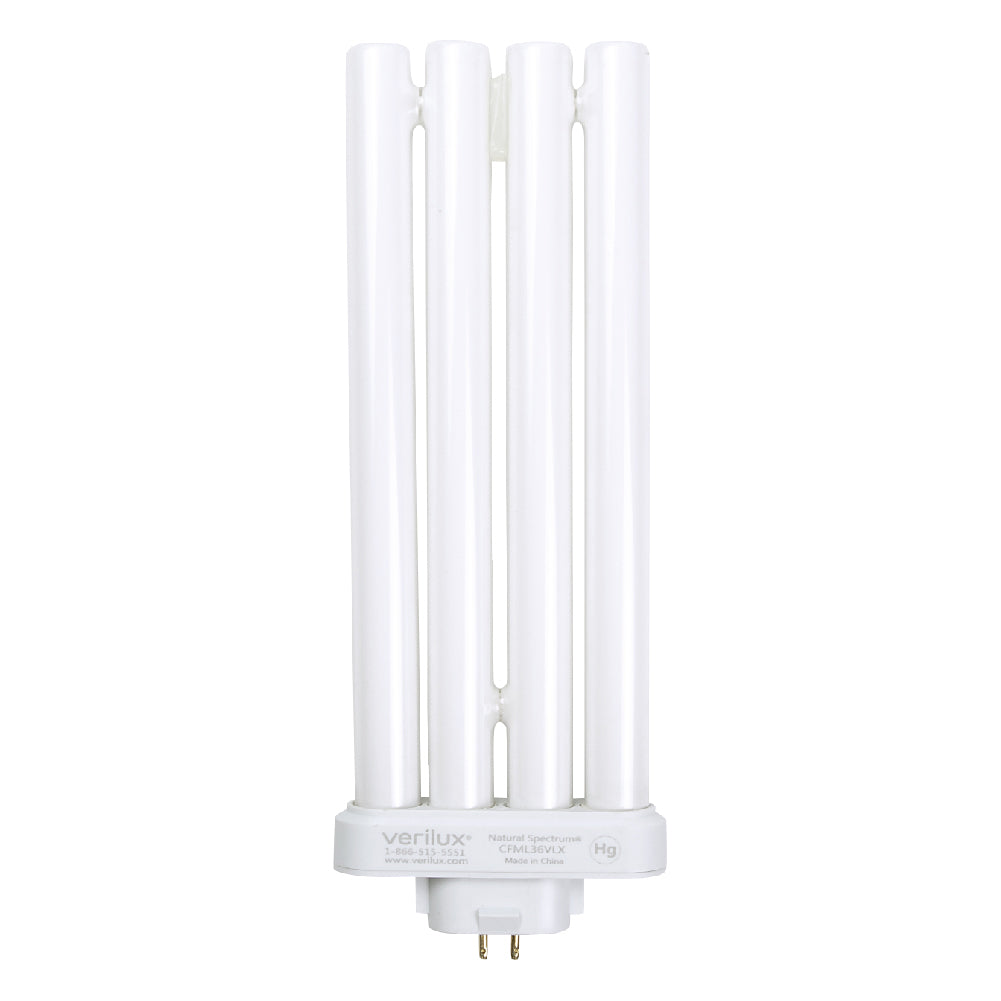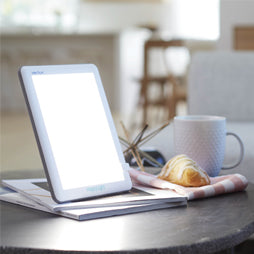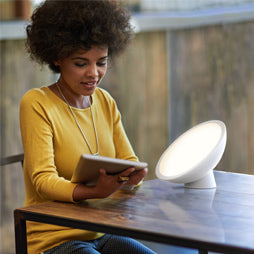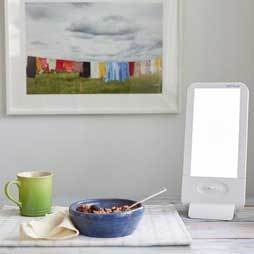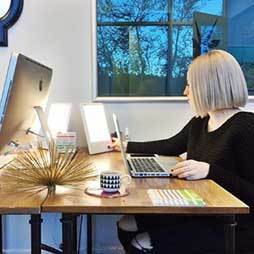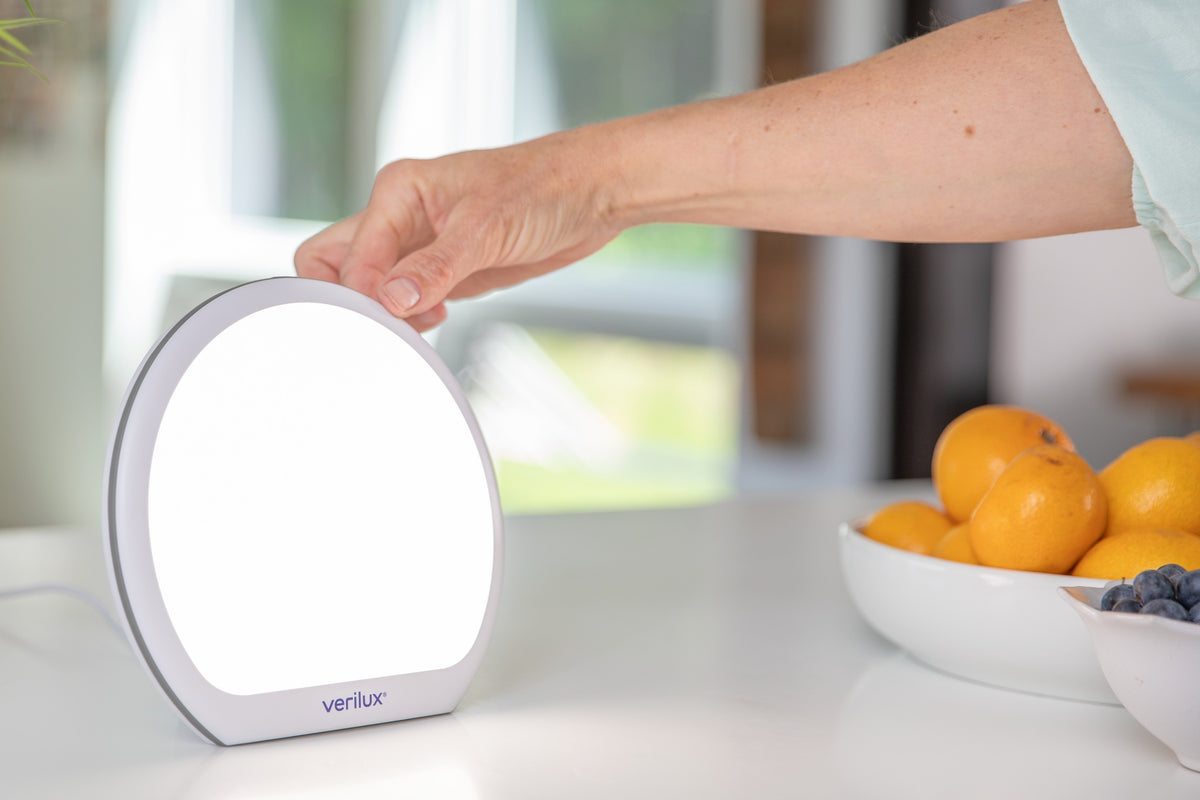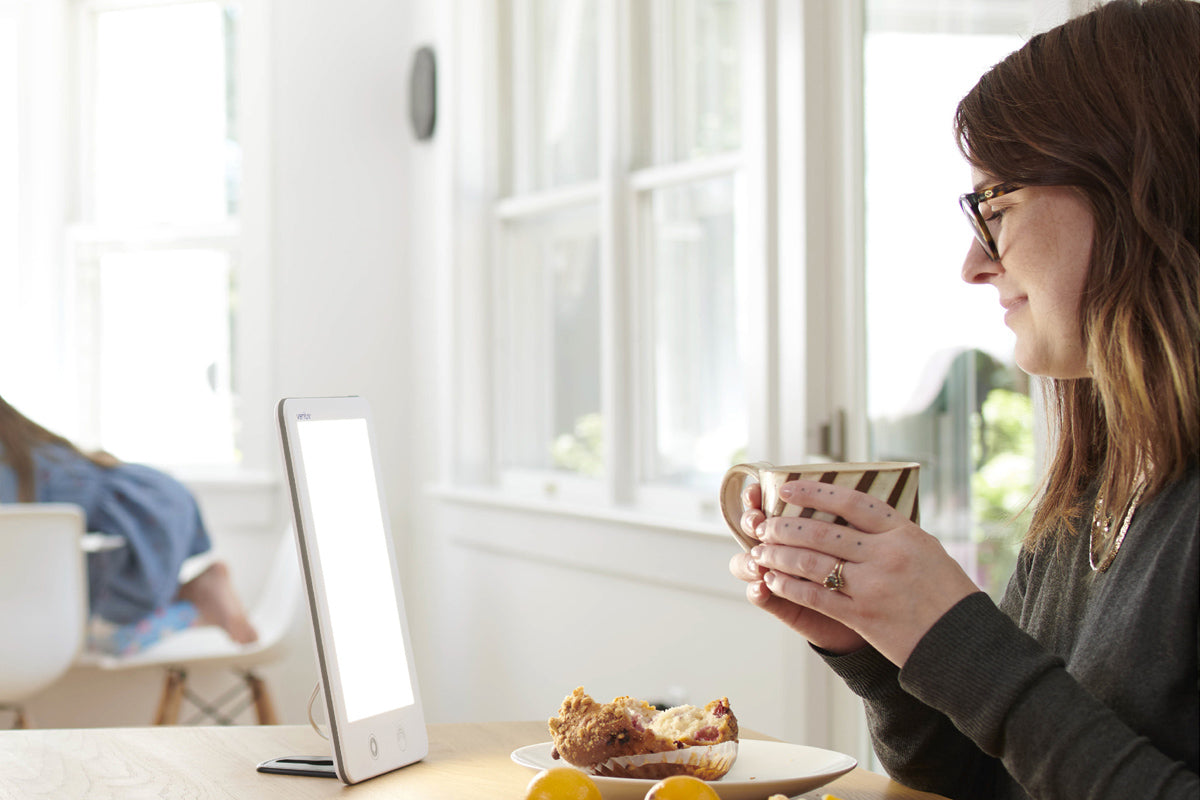Daylight Savings Time is coming up on November 3 this year and, for many of us, changing the clocks may by the extent of our thoughts around the event (well, besides the extra hour of sleep we get). What you may not know is that DST is relatively recent and holds its fair share of controversy.
Here's a little background on this bi-annual event
This isn't an exhaustive list of all the events that brought about daylight savings time, but it will give you a good idea of how it came about!
1895: George Hudson, an entomologist, first proposed the concept of modern DST. He suggested a 2 hour shift (not altruistically, he wanted more time to study insects in the afternoon!).
1902: William Willett proposed DST to the British Parliament as a way to prevent wasting daylight hours. Despite gaining support from the likes of Winston Churchill, his efforts were in vain (at least at time time).
1916: As a way to save energy during WW1, the Germans were the first to implement DST. Other countries involved in the conflict later adopted the same measures.
1918: The US Congress enacted the first law outlining DST (at which time, they also established the US time zones).
1966: Uniform Time Act established DST as the last Sunday in April and the last Sunday in October
2005: President George W Bush extended the DST period, changing it to the second Sunday in April and the first Sunday in November
Daylight Savings Time Fun Facts
Did you know that not all U.S. states (or territories for that matter) follow DST? Hawaii, Arizona (except the Navajo nation), Puerto Rico, US Virgin Islands, American Samoa, and Guam do not observe DST. Additionally, seven states (Alabama, Arkansas, Florida, Nevada, Oregon, Tennessee, and Washington) have petitioned Congress to make DST permanent!
Useful Tips To Manage Daylight Savings Time
That one hour shift may seem like nothing, or it may have a big effect on you. Regardless, here are some useful ways that you can manage the “fall back”!
Change your clocks
While our internet connected devices (computers, phones, tablets) will automatically change, there are a number of clocks that won’t (vehicle, microwave, fridge, household clocks). Avoid the confusion and annoyance by changing those ahead of time. When you go to bed that evening, everything should be set to reflect the upcoming time change!
Avoid electronics before bed

Did you know that 90% of the US population uses electronics within 1 hour of bed? We may not even think about it, after all, picking up the phone to check social media, email or messages has become part of our normal routine! However, even low levels of light can delay sleep, reduces melatonin synthesis, and impair alertness the next day. It may be helpful to set your mobile devices to "do not disturb" mode after a certain time. This will stop any notifications from coming through and help you to avoid using them before bed.
Make incremental shifts
If a 1 hour shift seems daunting to you, try breaking it up into smaller, incremental shifts. You can shift your evening routine by 15’ each day leading up to DST. Instead of having one day with a big, one hour change, you will have a few days with small changes. You will notice it less and it won't feel so drastic to you!
Exercise
Exercising regularly can help you to regulate sleep and feel better during the day! It doesn’t have to be a lot, but moving is important. If you live in an area where commuting on foot or bike is possible, that is a quick and easy way to start the day on the right foot! If that is difficult (because of distances or the weather), try 15 minutes of bodyweight exercises at home 2-3 times per week! You will start to feel better in no time!
Keep a schedule
While it may be very tempting to sleep in on the weekends, that can really throw off your schedule (and make Monday more difficult than it needs to be)! If you wake up at a certain time for work each day, try to stay as close to that time as possible on the weekends (those of you with young children may not have much of a choice!).
Get bright light in the mornings

This may be a bit difficult if you wake up before the sun rises (and may even be in the office while it’s still dark). If this is you, a HappyLight® Therapy Lamp is a great option to get that bright light in the morning. It helps to reset your body clock and puts you on the right path to a better day.
Be Positive!
Whether you are dreading this change, or it is something that barely registers on your radar, or you are somewhere in between - you can get through it! Be positive, try some of the management techniques to make it easier and don't let daylight savings time bring you down!


